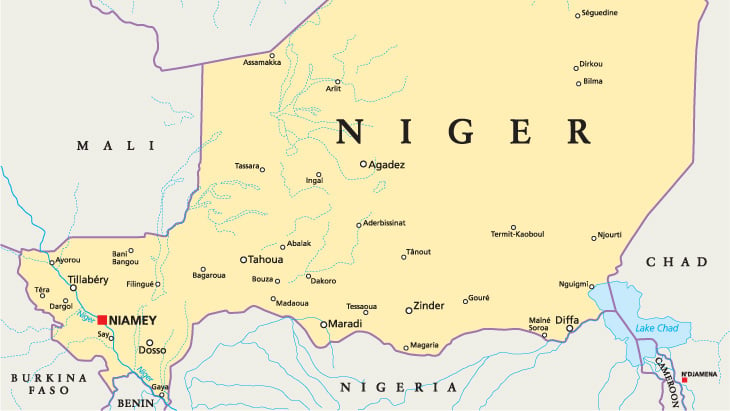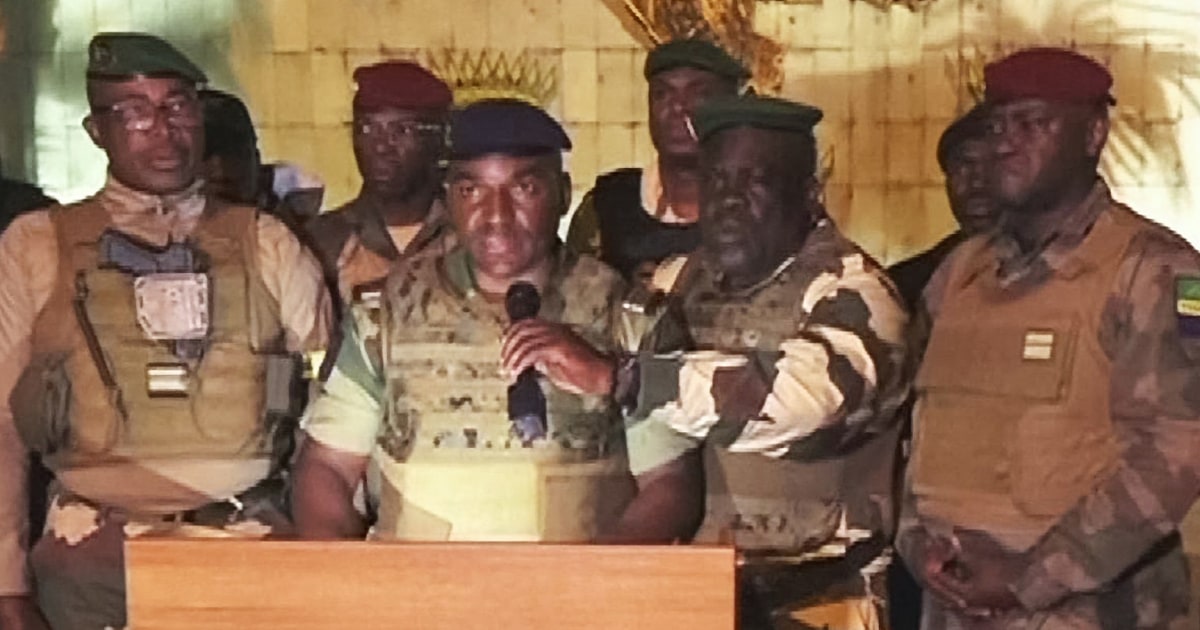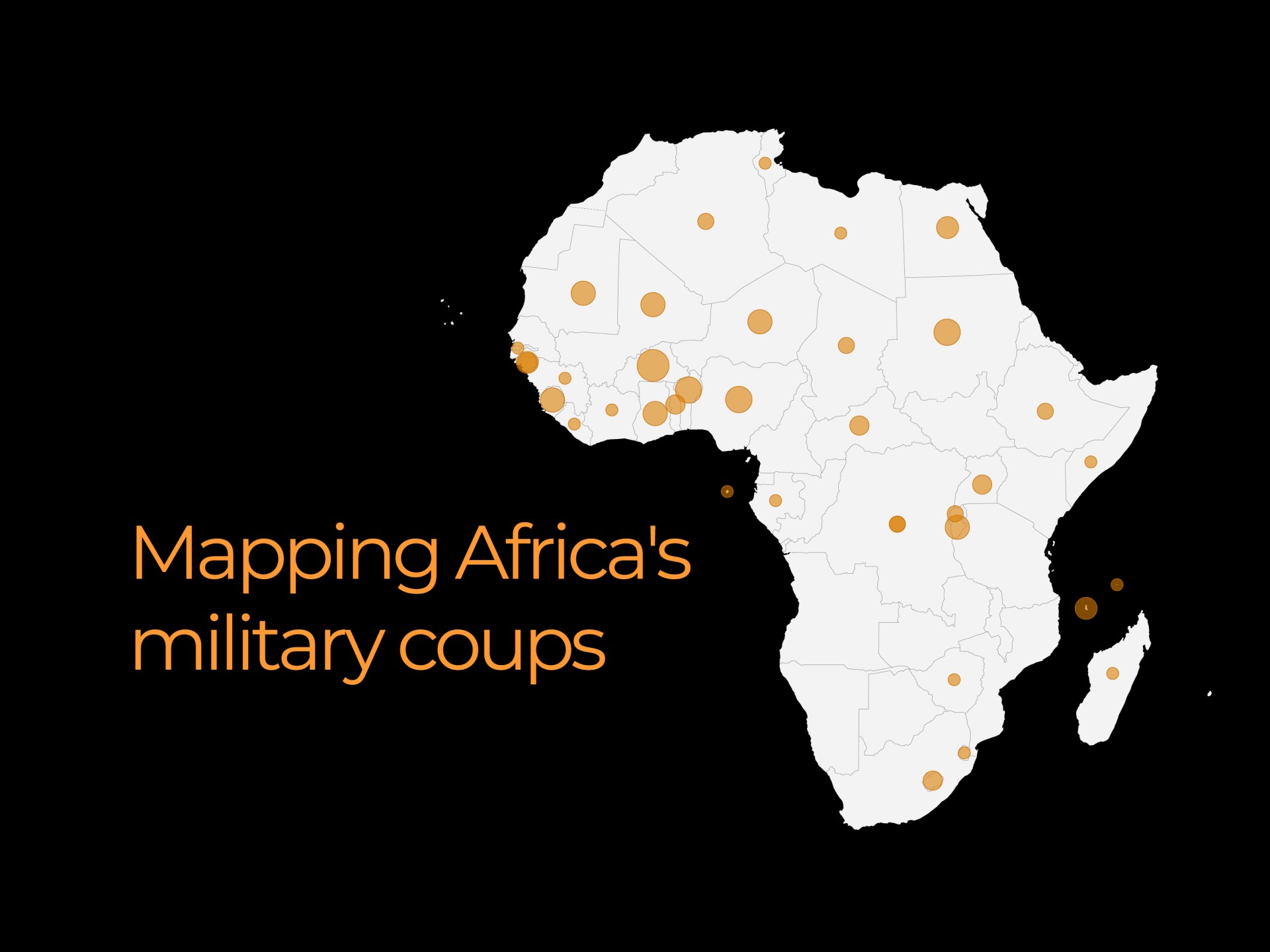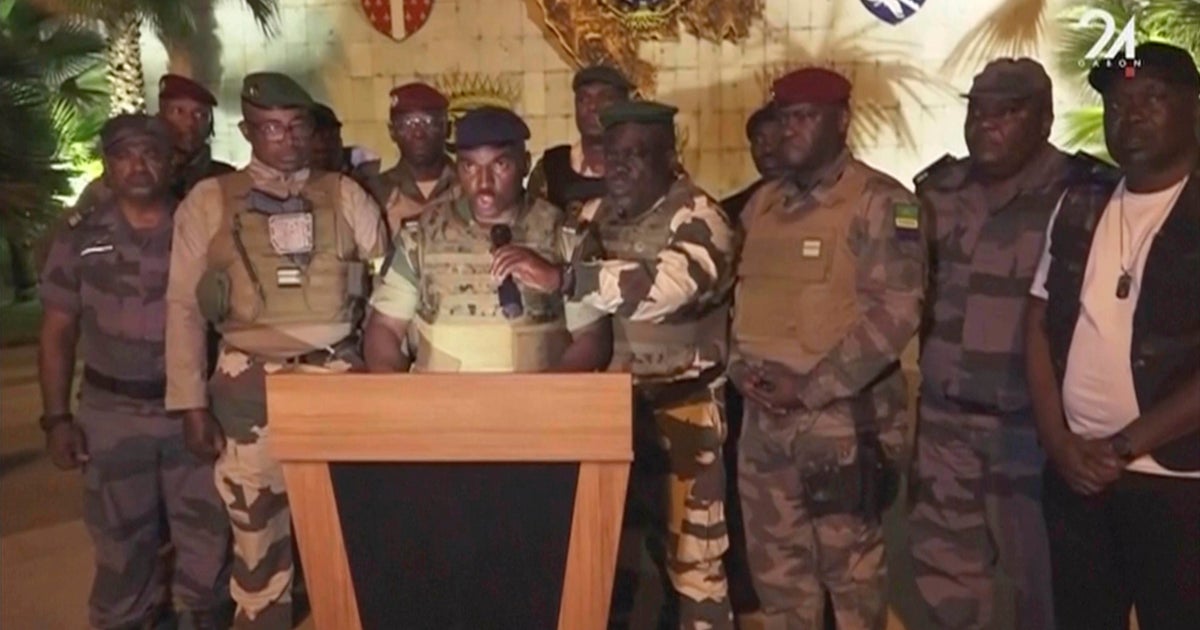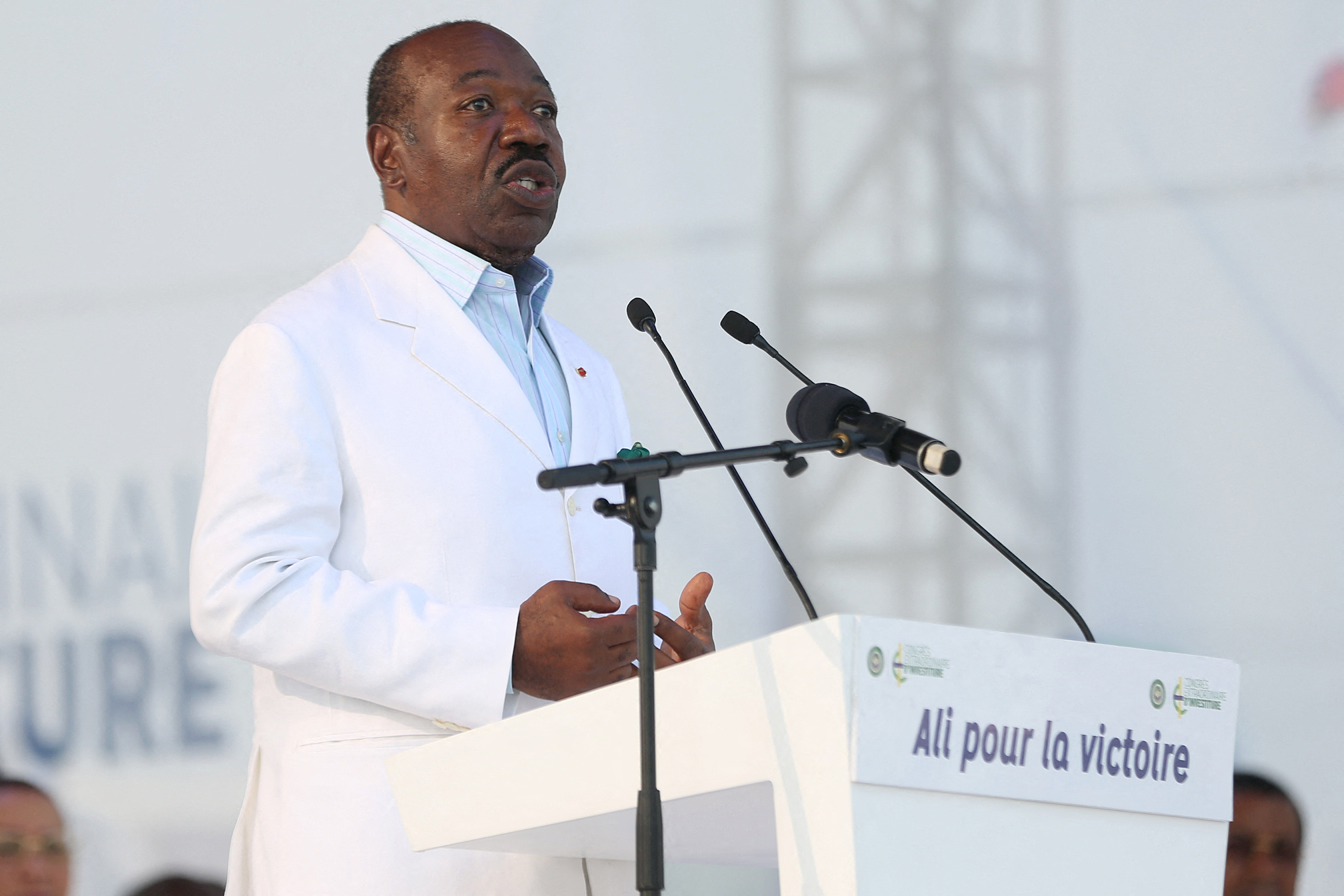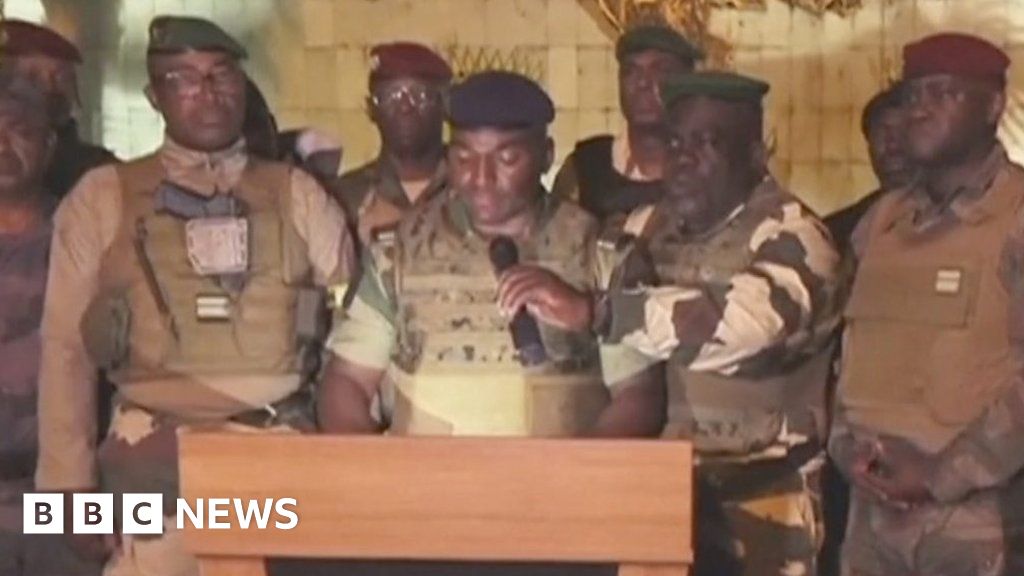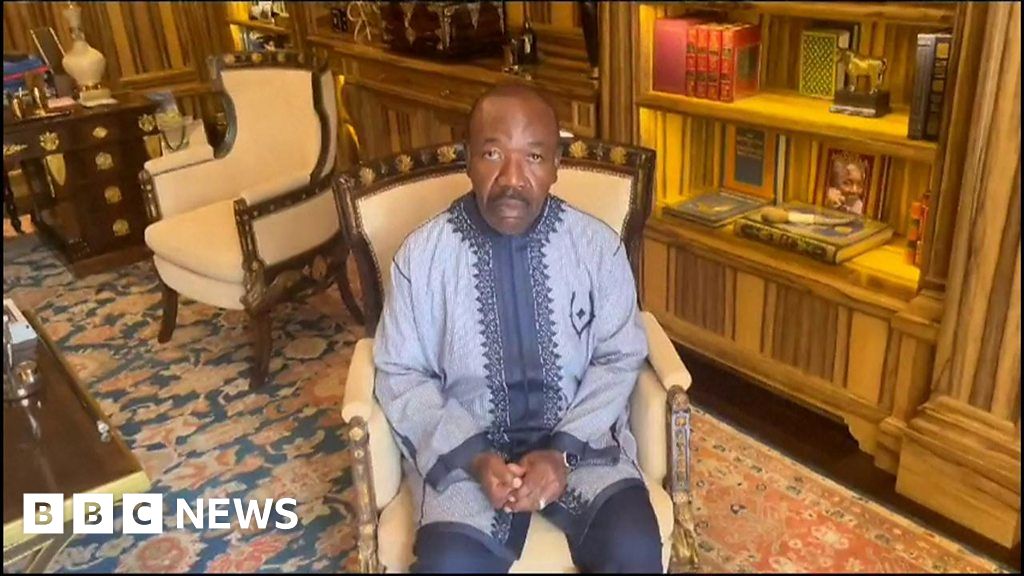The Facts
On Wednesday, the head of Gabon's elite Republican Guard, General Brice Oligui Nguema, was named the interim leader of the central African country shortly after military officers announced they had seized power.
Nguema was "unanimously" appointed Gabon's "Transitional President," according to a TV statement by the coup leaders. They also announced maintaining a curfew imposed four days ago and allowing foreign francophone media to resume broadcasting in Gabon.
The Spin
Narrative A
Doubts about the fairness of the elections in Gabon may be justified, but a military coup isn't a legitimate means of expressing political discontent. It's absurd for the putschists to claim they want to restore democracy by resorting to undemocratic means. After five coups in Africa in recent years, the one in Gabon is the latest indication of autocracy spreading across the continent. Recent events in Gabon and elsewhere in Africa don't bode well for the continent's political stability.
Narrative B
To claim that the coup in Gabon, following recent overthrows in several other African states, represents the return of dictators and an erosion of democracy is short-sighted. Like the former French colonies of Mali, Burkina Faso, or Niger, oil-rich Gabon was never a truly sovereign country, let alone a democracy. Instead, the events in Gabon are only the latest expression of an awakening continent that no longer wants to be exploited and subjected to political, economic, and military interference.
Narrative C
While the coups in the former French African colonies are interpreted either as anti-democratic upheavals or as an expression of the struggle against neocolonialism, there is another dimension to the events. As in Niger, the US decided it was time to push aside France to expand its influence in the resource-rich region, thereby attempting to contain China's and Russia's growing leverage more effectively.

